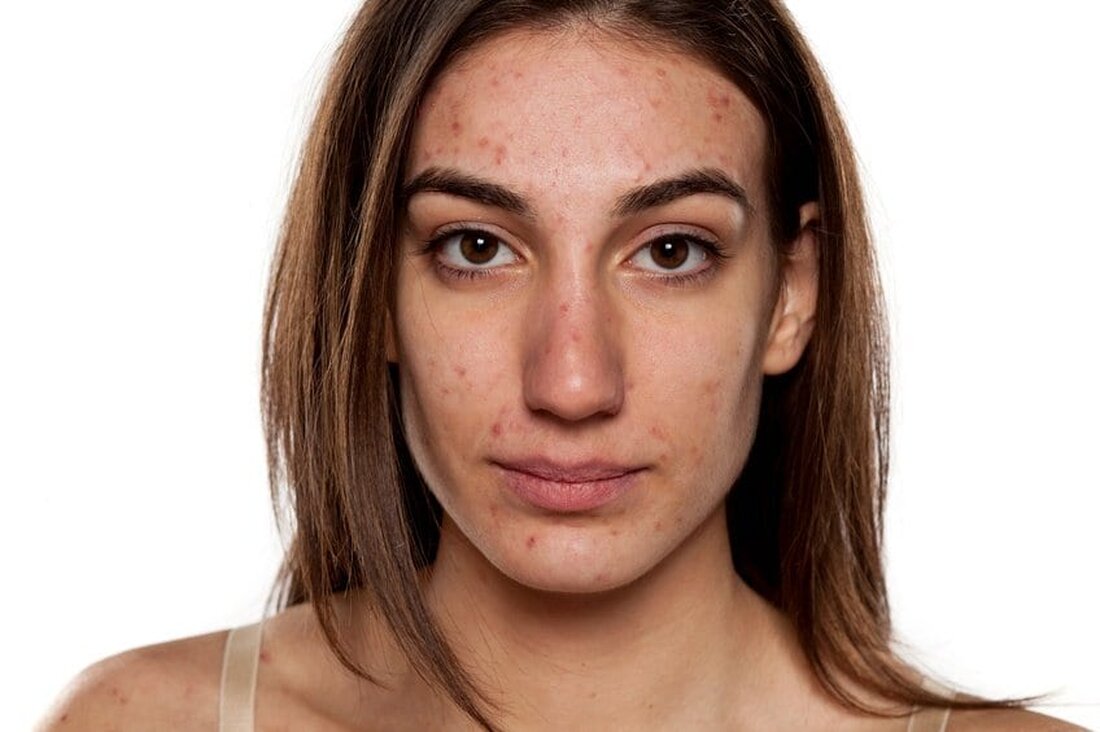The simple truth about acne
What is Acne? In most cases, acne is a hereditary disease of the pores. Normal pores lose about one layer of dead skin cells in the pore per day. The acne-prone pore sheds up to five layers of dead skin cells per day and the body simply can't keep up with that level of exfoliation. Pores become clogged with dead skin cells, oil or sebum and cause congestion under the skin, creating the perfect environment for bacteria to grow. When bacteria are present, these clogged pores lead to inflammation, redness and the formation of a microcomedone or pimple. Not all …

The simple truth about acne
What is Acne?
In most cases, acne is a hereditary disease of the pores. Normal pores lose about one layer of dead skin cells in the pore per day. The acne-prone pore sheds up to five layers of dead skin cells per day and the body simply can't keep up with that level of exfoliation. Pores become clogged with dead skin cells, oil or sebum and cause congestion under the skin, creating the perfect environment for bacteria to grow. When bacteria are present, these clogged pores lead to inflammation, redness and the formation of a microcomedone or pimple.
Not all acne lesions are the same. Acne has many faces, but there are two main types. Not inflamed and inflamed. Non-inflamed acne is a blackhead or whitehead. Inflamed acne occurs when a blackhead or whitehead breaks out and irritates the follicle, causing redness, inflammation, pastules and/or pustules.
What causes acne?
There are many myths about what causes acne. The truth is, we don't really know what causes acne or overproduction of skin cells. However, we can identify acne “triggers” and other factors that may contribute to the development of acne, including hormones, stress, medications, exercise, and cosmetics.
Myths demystified – The truth, the whole truth and nothing but the truth!
Do hormones cause breakouts?
This is not a myth, but needs a little clarification. It's not really your hormones in general that are causing the breakouts, but rather the "imbalance" of hormones that can lead to lower estrogen levels and increase oil production. Some other factors that can contribute to the development of acne include stress, medications, exercise, and cosmetics.
Acne is caused by dirty skin.
That is absolutely not true. Acne starts deep in the pore and is caused by excessive shedding of dead skin cells. This has nothing to do with dirt or oil on the surface of the skin. You can wash your face multiple times a day (which I don't recommend) and it won't stop acne from forming. Acne is a skin disease. When your body is unable to remove excess skin cells, they get stuck in your pores and cause problems. This is why it is extremely important to use the right combination of products to penetrate the pores, increase exfoliation and stop acne where it starts.
Eating too much chocolate, drinking soda, or eating chips causes acne.
While these are all “acne triggers,” they are not the primary cause of acne. In fact, it's not the food itself, but what's on/in the food. For example, it's not the french fries that make acne worse, but the "salt" on the fries. A diet high in iodides (salt) can worsen acne. Once iodine enters the bloodstream, the excess is excreted through our oil glands. This irritates the pores and causes inflammation and breakouts. Sugar-rich foods like chocolate and soda are also known to cause inflammation in the pore. In general, taking care of your body through a healthy, nutritious diet always results in better-looking skin.
You will naturally outgrow acne
Maybe you will, maybe you won't. Unfortunately, there is no way to determine who will outgrow acne and who won't. The culprit here is hormones again. Hormones continue to flow and fluctuate throughout life, as do acne breakouts. The good news is that no matter your age, acne can be treated with the right home care products and professional acne treatments.
Inspired by Cheryl Cotton

 Suche
Suche
 Mein Konto
Mein Konto
